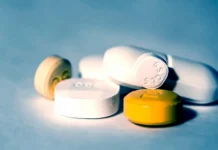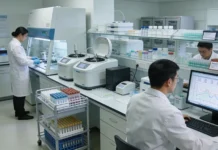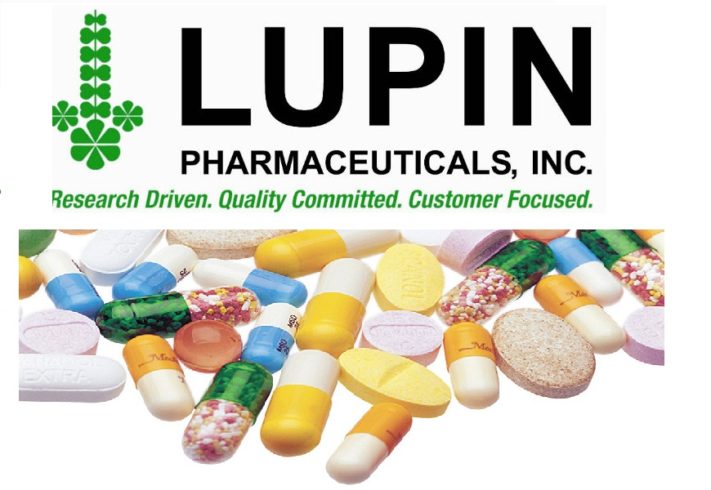Lupin Ltd, India’s third largest drug maker, will buy a portfolio of 21 generic brands from Osaka-based Shionogi & Co. Ltd at the cost of US $150 million. August 3, 2016: The move will help the company to strengthen.
its presence in the Japanese market, the second largest pharmaceutical market with a size of US$ 110 bn. The acquisition will make Lupin rank sixth among generic companies in Japan. The 21 products will cover therapeutic areas including Central Nervous System (CNS), oncology, cardiovascular and anti-infectives.
Previously Lupin Ltd had made two buyouts in Japan, Kyowa Pharmaceutical Industry Co. Ltd in 2007 and I’rom Pharmaceutical Co. Ltd based out of Tokyo in 2011. Lupin earned about 10% of its total revenues to the tune of US$ 210 mn for FY16 from Japan, making it the largest Indian generic company in that country.
Japan is a tough market where Indian companies have struggled to break in, with a strong sense of brand consciousness. The Japanese government has set a target of reaching 80 per cent generic penetration by the end of the decade due to an ageing population and rising health costs, as a result opening up the domestic market to Indian pharmaceutical companies.



















